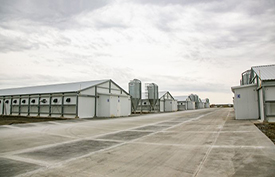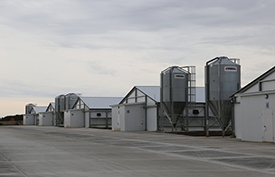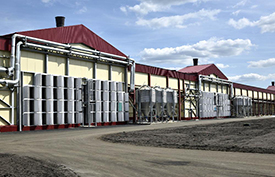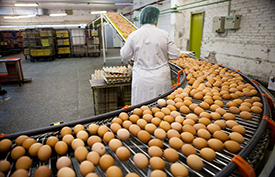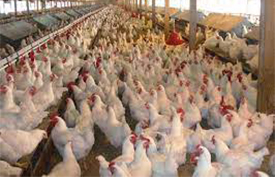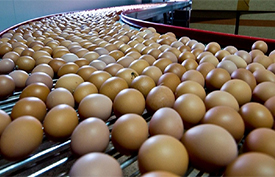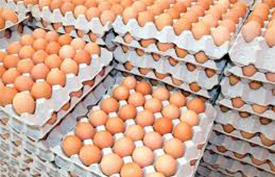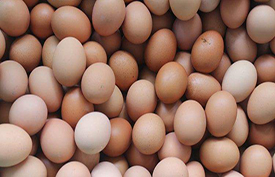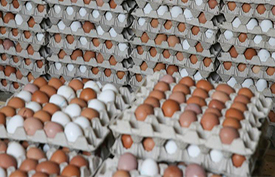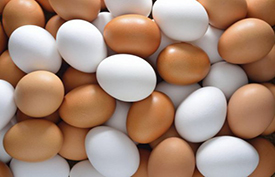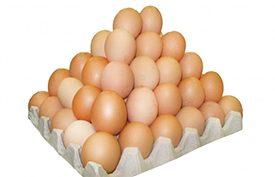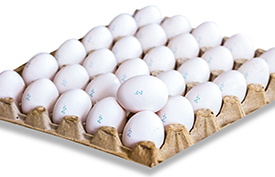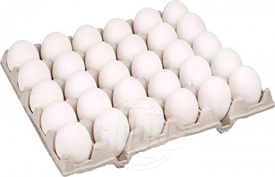Chicken egg
- Agriculture
- Our Elevators
- Our Certificates
- Our Diplomas
- Organic certification
- European Certification
- Halal Certification
- Wheat - Wheat flour - Mills
- Buckwheat - Buckwheat flour
- Linen Seeds
- Corn – Сorn flour
- Oats – Oat flour
- Rye – Rye flour
- Barley – Barley flour
- Sunflower seed
- Chickpeas, Peas – Pea flour
- Beans
- Soybean seeds
- Pumpkin seeds
- Rape seeds
- Sugar beet pulp
- Beer pellets
- Meal for animal feed
- Production plant L-lysine, Gluten, Alcohol, DDGS, CO2
- Sugar Factory
- Oil Extraction Factory
- Rice Processing Plant
- Milk Powder Production Plant
- Meat Processing Plants
- Fruit Storages
- Bioproducts Plant
- Malt plant
- Cheese production plant
- Aquaculture feed production plant
- Cold Storage and Meat Processing Plants
- Cattle - meat beef
- Pig breed - Pork meat
- Sheep breeds - lamb meat
- Poultry meat
- Chicken egg
- Quail
- African chicken, cisar hen
- Geese meat
- Our beegarden
- Honey
- Bee products
- Gardens
- Containers, packaging and calibration
- Factory for the production of juices and tomato paste.
- Quince
- Pear
- Peaches
- Plum
- Cherry
- Apples
- Apricot
- Berries
- Grape
- Figs
- Mulberry
- Nuts
- Almond
- Watermelon cultivation technology
- Melons
- Transportation
News
Chicken egg
Bitimpex Anstalt poultry farms contain such breeds of large broilers and chickens.
We use the following breeds for fattening meat:
- Brahma
- Mr Gray
- Jersey giant
- Cochin
- Orpington
Rooster breeds:
- Rooster Coburn
- Big Snow
These are broiler breeds that reach from 4.5 to 8 kg in weight.
Chickens of this breed can be sent for slaughter at the age of 2, 2.5 months; this is a very fast growing good broiler breed for meat production.
The breeds of laying hens we have are:
- Rhode Island- they have laying hens 3 - 3.5 kg. Roosters from 4 to 4.5 kilograms. They produce between 200 and 200 eggs annually.
- Russian Crested- very good picky breed
- Dominant- there is a big deficiency in one egg - two yolks.
- Russian White— from 3 kg laying hens, roosters up to 5 kg
- Hisex Brown- also a good breed. White, brown breed with a yellowish tint.
Broiler breeds:
- Cobb- a very good breed, growing quickly on average up to 5.5 kg, individuals reach 6 kg.
The main components of feed for laying hens and broilers are corn, full-fat soybeans, fish meal, wheat, soybean meal, rapeseed meal, and sunflower meal. For laying hens, a high calcium content in the diet is very important since a lot of it is spent on laying eggs, this is the formation of the shell, which requires a lot for the formation of calcium. If there is not enough calcium, then there will simply be a low-quality egg, it will be soft and elastic.
Actual Specification for eggs.
Categories of eggs
1. XL - Premium - 360 pcs. / 1 crate (box)
2. L - Selective - 360 pcs. / 1 crate (box)
3. M - C1 - 360 pcs. / 1 crate (box)
4. S - C2 - 360 pcs. / 1 crate (box)
5. C3 - 360 pcs. / 1 drawer (box)
Storage of eggs
Shelf life in accordance with GOST - 15846:
at a temperature of -2°C to 0°C, air humidity 85-88% up to 90 days
Shipment: container: 40 feet / 20 feet with refrigerated equipment
Transportation and Storage according to GOST: GOST 31654-12
MARKING
"Protect from moisture", "Fragile", " Carefully, the top".
CLASSIFICATION
Depending on the quality and shelf life to the day of sale (from producer to consumer), eggs are divided into classes:
- dietary food;
- eggs of the class "extra" / "extra" grade;
- food grade A;
- food restaurants: С1, С2, С3;
- food grade B;
- food chilled;
- for industrial processing - processing;
Depending on the mass, food eggs are divided into categories:
- Selected;
- the Premium grade;
- the First grade;
- the Second grade;
- Small.
The characteristics of the categories of food eggs by weight are given in Table. 1.
Table 1 - Characteristics of eggs.
|
Grade |
Weight of one egg, g |
Weight of 10 eggs, g, not less than |
Weight of 360 eggs, kg, not less than
|
|
Selected or XL |
73 and above |
735 |
26,5 |
|
Premium or L |
from 63 to 72.9 |
640 |
23,0 |
|
First or M |
from 53 to 62.9 |
540 |
19,4 |
|
Second or S |
from 45 to 52.9 |
460 |
16,6 |
|
Small |
from 35 to 44,9 |
360 |
13,0 |
|
Note. The category of "small eggs" refers only to table and chilled. |
|||
